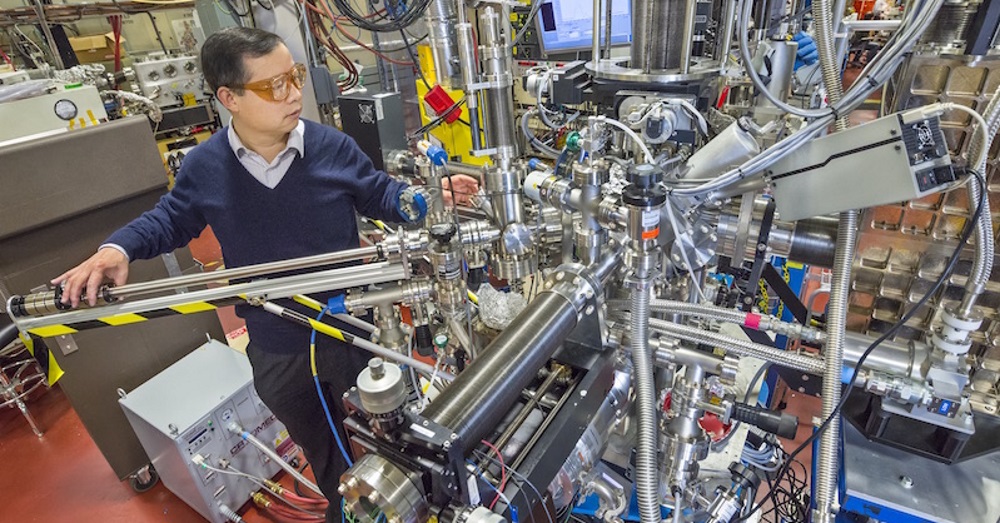Seaweed could extend the lives of future batteries
Why did the ocean wave?

If you thought there were a lot of batteries in your life right now, wait until you see the future. As well as the energy storage in your phone, camera, laptop, and smartwatch, you'll be dealing with batteries in your electric car and perhaps even your house.
But the cells that we use for phones and laptops aren't so suited to being used in these high-energy applications, so chemists around the world are hard at work on devising new kinds of batteries that can deliver enough juice at a low enough cost.
One of the most promising candidates is lithium-sulphur batteries, which meet both of those requirements. But their capacity fades over time as the sulphur dissolves, meaning they need frequent replacement.
Because the seaweed
Here's where seaweed comes in. Engineers at the US Department of Energy’s Lawrence Berkeley National Laboratory have discovered that carrageenan, a seaweed derivative that's widely used in the food industry, can also act as a stabilizer in lithium-sulfur batteries. More stability means a longer lifetime.
“There’s a lot of demand for energy storage, but there’s very little chemistry that can meet the cost target,” said Gao Liu, the corresponding author of a paper describing the discovery published in the journal Nano Energy.
“Sulfur is a very low-cost material—it’s practically free. And the energy capacity is much higher than that of lithium-ion. So lithium-sulfur is one chemistry that can potentially meet the target.”
How it works
When carrageenan is added to the binder - the substance that holds all the active components of a battery together - it chemically bonds to the sulphur, stopping it from dissolving and dramatically increasing the lifespan of the battery.
Sign up for breaking news, reviews, opinion, top tech deals, and more.
“We looked for something that was economical and readily available,” Liu said. “It turns out carrageenan is used as a food thickener. And it actually worked just as well as the synthetic polymer—it worked as a glue and it immobilized the polysulfide, making a really stable electrode.”
The next step for the team is to gain a better understanding of the chemical reactions going on in the cell. “After this polymer binds with sulfur, what happens next? How does it react with sulfur, and is it reversible?” Liu said.
“Understanding that will allow us to be able to develop better ways to further improve the life of lithium-sulfur batteries.”
